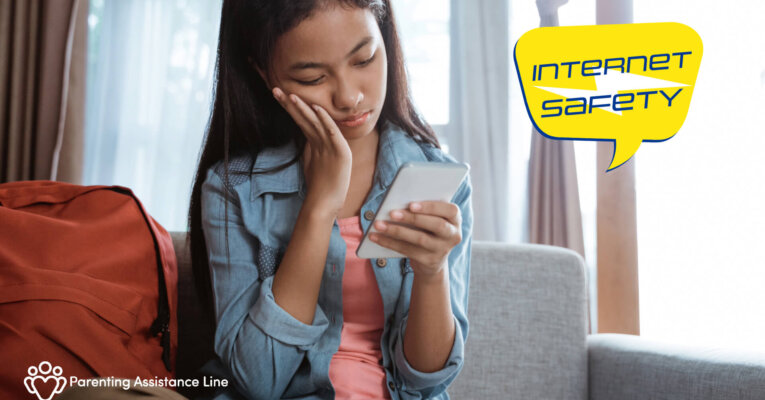The Internet can be a wonderful resource! Children can get help with homework, find information about a hobby, download music, and keep in touch with friends and family through e-mail. However, the Internet also carries certain risks. As parents, we must stay informed and equipped to ensure our children’s safety.
How can parents keep children safe online?
- Spend time online together and talk to your children often about the hazards they may encounter.
- If you own a computer it is a good idea to educate yourself regarding the Internet and how it operates. Take a class at the local community college or find an informative book at the library.
- Teach your child appropriate online behaviors such as:
-
- Being very careful about what information is shared. NEVER share your name, address or telephone number with anyone you meet online.
- Not sending messages that are hurtful or mean.
- Keeping your passwords private.
- Never opening an email attachment if you do not know what it is.
- Not trading pictures with anyone you don’t know.
- Stopping the conversation immediately and getting an adult if ANYONE you are contacting makes you feel uncomfortable for any reason.
-
- Keep the computer in a common room, not in your child’s bedroom, so that you can monitor their activities.
- Insist that you “meet” any new online friend with whom your child converses.
- Ask your Internet service provider (ISP) about parent- control options such as filtering programs that can block unwanted sites from coming in and restrict your child’s personal information from being sent online. There are also programs designed to monitor and track your child’s online activity.
- Help your child develop a “screen name” to protect his real identity and insist he use it anytime he is online.
- Share an email account with younger children so you can monitor any messages.
By taking an active role in your child’s Internet use, you can protect them from potentially harmful consequences while still providing them access to a virtual window to the world!






